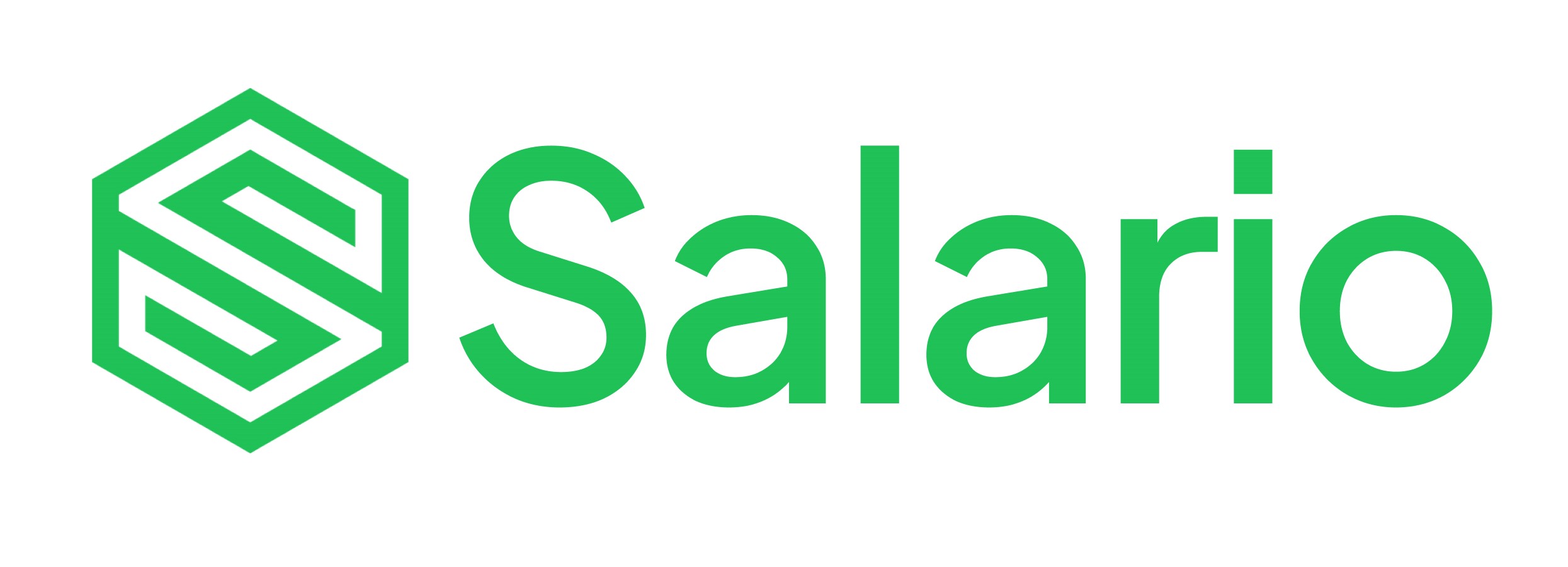
Ejike was suddenly rushed to the hospital after he slumped on arriving home from church. His wife was distraught when the doctor said he would be admitted, and she began to visibly panic when she found out the cost of a bed per night. After spending three days at the hospital, Ejike was finally discharged, and while his wife fretted, he reached out to the head of HR, and his bill was sorted. His company’s health insurance scheme had covered a fixed admission period alongside other possible health failings, and he dodged a bill he likely could not have paid for without digging into a significant portion of his retirement funds.
In our first look at types of employee benefits, we identified a couple of crucial ones. Today, we’ll look at five more benefits you can practically implement for your employees to ensure their welfare.
Five types of benefits for your employees.
Ejike’s medical scare highlighted the importance of a solid health insurance scheme for employees, but that’s just one of many ways employers can safeguard their team’s well-being. Today, we’ll dive deeper into five key employee benefits that can make a real difference in your workforce’s health, happiness, and overall productivity. These benefits are practical options for HR managers and small business owners looking to provide meaningful perks that promote employee retention and satisfaction.
1. Dental Insurance
Dental health insurance often falls under general health or medical coverage, but it can be a separate benefit. Dental health is crucial, especially in traditional work arrangements. Offering dental insurance as part of your benefits package ensures employees have access to preventative care and necessary treatments, reducing out-of-pocket expenses for things like cleanings, fillings, and even significant procedures like root canals. This supports their physical health and boosts confidence and overall morale.

2. Four-Day Workweek
The traditional five-day workweek remains the mainstay for most companies and businesses in Nigeria. Still, companies are experimenting with a more flexible approach that challenges the traditional five-day workweek. A four-day workweek can lead to a greater work-life balance, which enhances productivity. Case studies show that their overall output often improves when employees work fewer but more focused hours. A prominent example of a company adopting the four-day workweek is that of Berger Paints Nigeria (BPN) PLC, which took this route about a year after the pandemic and started a four-day workweek on the 1st of July 2022. Businesses that offer this perk demonstrate a commitment to employee well-being while maintaining high efficiency levels.
3. Paid sick leave
Sick days are inevitable, and providing paid sick leave is humane and practical. Employees are less likely to come to work while ill, reducing the risk of spreading infections in the workplace. A robust paid sick leave policy ensures employees feel cared for, which fosters loyalty. In Ejike’s case, paid sick leave meant he could focus on his recovery without financial worry, knowing his health came first.
4. Retirement Planning
Planning for the future is critical, and helping your employees with retirement plans can set them up for long-term success. Offering a well-structured retirement plan, such as pension contributory funds, gives employees peace of mind about their financial future. In Nigeria, the Pension Reform Act (CAP A2, LFN 2014) governs the provision of pensions for public and private organizations and companies in Nigeria. Section 2 of the act ensures that a public body and private companies with at least 15 employees must have some sort of contributory pension scheme. A fantastic pension plan can be a deciding factor for many workers when choosing to stay with an employer, making it an attractive benefit to offer.
5. Fertility Assistance

This might seem like the weirdest possible benefit, but for employees looking to grow their families, fertility assistance is an invaluable benefit. This can include coverage for fertility treatments like IVF or surrogacy support, which are often cost-prohibitive for individuals. Researchers at Brabners found that employers paying for infertility treatments would increase the likelihood of 53% of employees with fertility problems staying at their company. Furthermore, fertility assistance can help employers identify prostate and testicular cancers in men. By offering fertility benefits, companies show they value their employees’ personal journeys as much as their professional contributions. It creates a culture of care that resonates deeply with the workforce.
Conclusion
In conclusion, employee benefits go beyond simple perks; they represent meaningful investments in your team’s health, satisfaction, and long-term commitment. As demonstrated by Ejike’s experience, having the right benefits in place can ease personal challenges and improve employee well-being. Providing options such as dental insurance, a flexible four-day workweek, paid sick leave, retirement planning, and fertility assistance demonstrates that you care about your employees both professionally and personally.
To continue fostering a supportive work environment, consider these benefits as part of your HR strategy. If you’re looking for more insights into how you can improve employee satisfaction and build a thriving workplace, head over to Salario for helpful resources and expert guidance.
